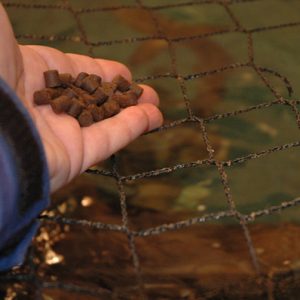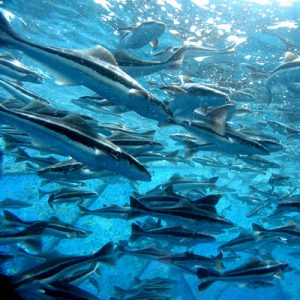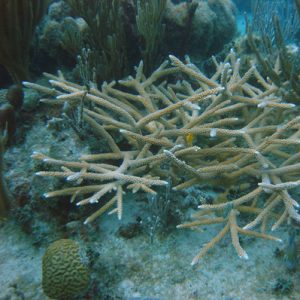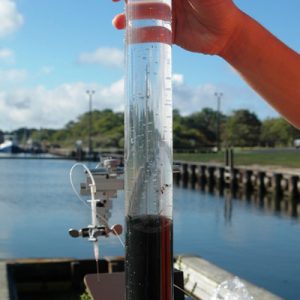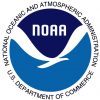Best Management Practices
For Marine Cage Culture Operations in the U.S. Caribbean
Why Aquaculture BMPs in U.S Caribbean?
In response to concern expressed by the Coral Reef Task Force on aquaculture impacts in Caribbean waters, NOAA worked with industry and NGOs to develop Best Management Practices (BMPs) for marine cage culture in the U.S. Caribbean. With support from the Coral Reef Conservation Program, and in cooperation with Puerto Rico Sea Grant and the Gulf and Caribbean Fisheries Institute (GCFI), a workshop was held in 2010 to facilitate exchange of scientific and regulatory information regarding marine cage culture. The outcome of this workshop formed the basis upon which BMPs were developed by teams of experts. Over 20 expert reviewers provided input to improve and refine the final BMP report. These BMPs represent guidelines, developed collaboratively by a diverse stakeholder group that can be implemented voluntarily at marine cage culture operations in U.S. territorial waters of the Caribbean.
Who Benefits?
BMPs are useful to many stakeholders.
- Farm owners and operators can apply them to guide siting and farm management practices.
- Coastal managers and community planners can use this information to make environmentally responsible decisions about the economic opportunities that aquaculture offers.
- Federal, state and local regulatory agencies can utilize these practices to develop and implement permitting and monitoring processes for the Caribbean offshore aquaculture industry.
What do the BMPs do?
BMPs provide an overview and recommendations to farm and coastal managers on ecological effects, water quality, escapes, fish health, feeds, human dimensions, permitting, siting, monitoring, and reporting. General guidelines are provided to inform development of monitoring plans and guiding principles for farm management and environmental stewardship.

